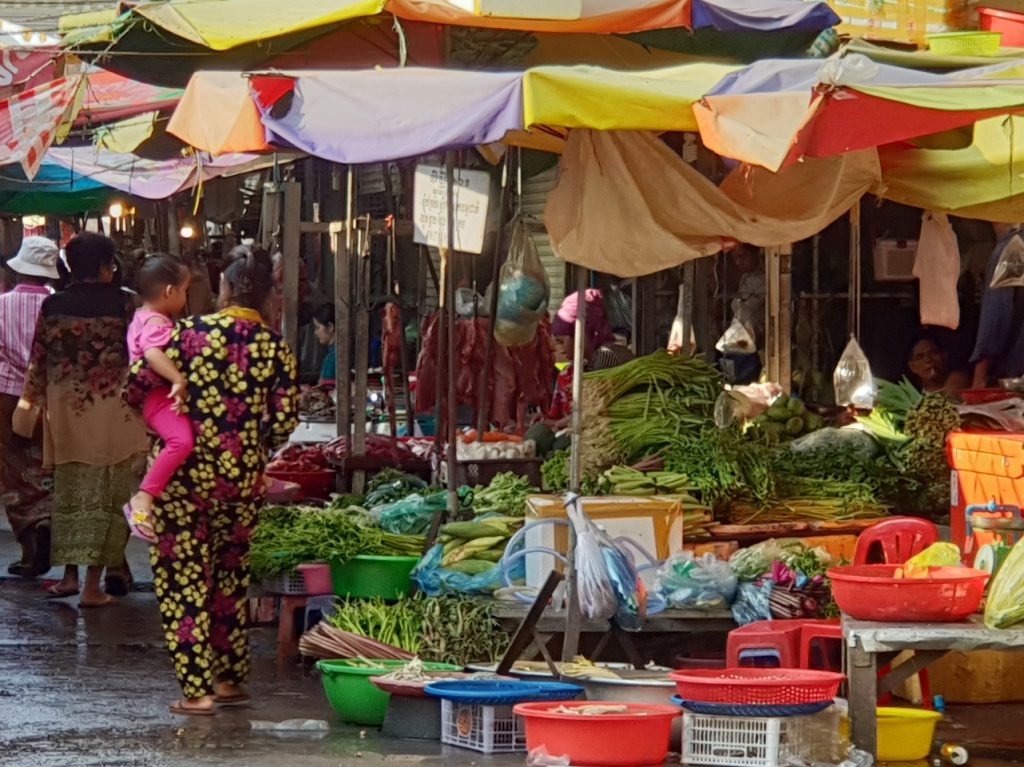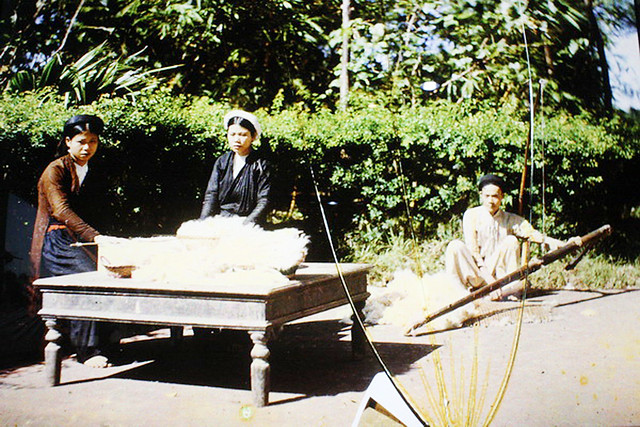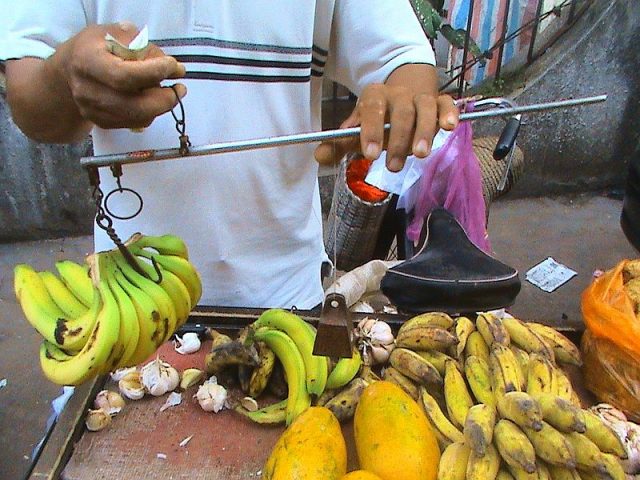Grandfather would have bought the Ilish—not wincing at the 1200 rupees per kilogram
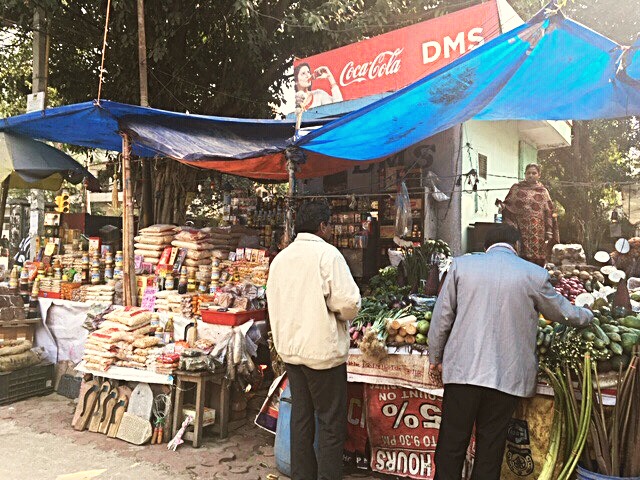
April 22, 2019
Kaemon Accho? Shob Thik? is based on the fish market in an area of New Delhi called C R Park. This area was founded in the 1950s, originally known as East Pakistan Displaced Persons Colony, by migrants and refugees from East Pakistan (now Bangladesh). Listen to market here.
This was a refugee market once, and now, more than fifty years after they were displaced
the red-and-white saris, the Desh magazines, the nolen gur sandesh dot
the shops, proclaiming the Bangla majority on the pavements and the streets.
Yet, at the corner, the tarpaulin-covered fish market spatters with
Bangla, Hindi, Oriya, Ahomiya, Bhojpuri, Manipuri, and more,
reflecting the origin of the fish piling up the plastic-lined tables of the stalls.
Mackerel from Karnataka and Pomfret from Maharashtra flash silver, their kite-like bodies
quivering the ice underneath; the fishermen pull out black thread veins
from the brownish-grey jumbo prawns of Orissa—“Eita bish, bhoojle didi”
while the shovel-like Rohu’s are haggled over mostly by the Bengalis.
“Eikhan kar lok prefer boneless fish such as Surmai”, sneers Dulal’s grandson,
as if not wanting to search for flesh tearing through thousands of needle bones
reflects a lack in the people who belong here—the here that remains different from home.
Dulal’s shop is the oldest—forty years and more—
and the only shop with the “Eikhane Bangladesh-er Padma Ilish Paya jaye” sign.
Grandfather would have bought the Ilish—
not wincing at the 1200 rupees per kilogram price—a true Bengali doesn’t
count money when buying Ilish—he used to say. But grandfather is gone, and so is Dulal.
Now, his grandson jots down the day’s purchases in a notebook that seems to reflect
the blood of the fish dripping down the tables into the water tanks under them.
I buy my usual Sunday stock—250 grams of Rohu and 250 grams of the silverfish
resembling Morella—a measly total of Rupees 220, and nod at Dulal’s grandson
—Aashi—there is no word for goodbye in Bangla; instead I tell him I will come (again).
I am already dreaming of marinating
the pieces in salt and turmeric
and frying them crisp in smoky mustard oil—
the simplest of recipes that has traveled down
from grandfather to me—in the same way that he did—from Burma
to Bangladesh to India—just like these fish.
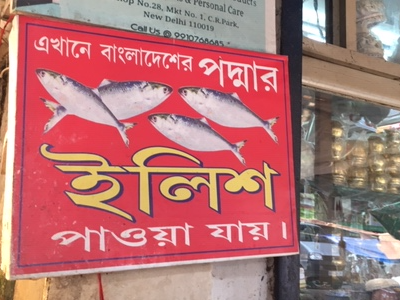
Glossary:
Kaemon accho? Shob thik?: How are you? All well?
Desh: Country (a popular Bengali magazine)
nolen gur sandesh: Sweets made of milk and palm jaggery
Eita bish, bhoojle didi: This is poison, do you understand, elder sister
Eikhan kar lok: The people here
Eikhane Bangladesh-er Padma Ilish Paya jaye: Hilsa from the Padma river in Bangladesh is available here
Ilish: Hilsa
Aashi: I’m coming (a way of saying goodbye)

